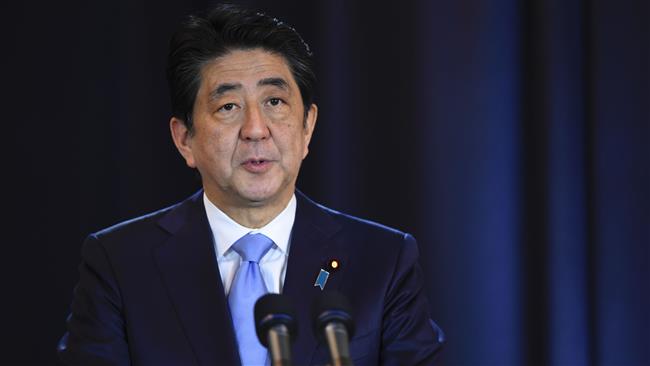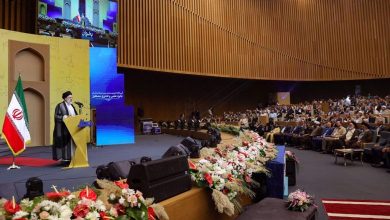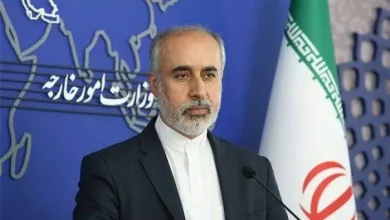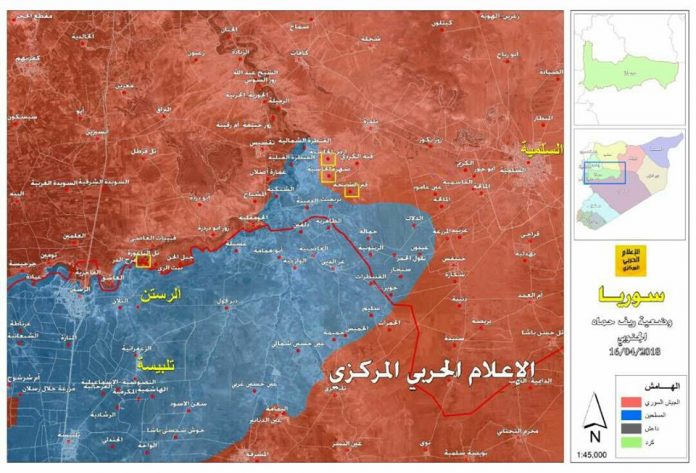Japan’s Abe says TPP ‘meaningless’ if Trump pulls out US


Japan says the Trans-Pacific Partnership would be “meaningless” without the US after Donald Trump says he would scrap the controversial trade pact on his first day in the White House.
Trump’s election victory has plunged the largest-ever trade deal into disarray, overshadowing the APEC summit which was held with the participation of Pacific Rim economies in Lima, Peru last week.
Some participants at the meeting reportedly said they might try to modify the 12-nation agreement to make it more appealing to Trump or seek to put it into effect without the US.
But Japan’s Prime Minister Shinzo Abe said on Monday there was no discussion at the APEC summit to go ahead with the deal without the Americans.
“The TPP would be meaningless without the United States,” Abe told reporters in Buenos Aires, the second leg of his South American trip.
Abe also said the agreement couldn’t be renegotiated, adding it “would disturb the fundamental balance of benefits.”
The Japanese PM became the first head of state to hold a face-to-face meeting with Trump since his election. Abe declined to comment on Trump’s key policy platforms.
Trump released a video on Monday, laying out actions he would take on his first day in office on Jan. 20, including withdrawing the US from the TPP. He campaigned for the presidency on a promise to pull out of the deal, calling it a job-killing “disaster.”

“I’d refrain from making careless comment about the stance of the US government at this moment,” Abe said.
Abe had worked closely with President Barack Obama on the TPP trade pact, which was part of Obama’s push to counter the rising strength of China and a pillar of Abe’s economic reforms.
The TPP is currently in the final stages of discussion at Japan’s parliament to get the necessary ratification and enter into force.
The pact was agreed upon on October 5, 2015, after five years of negotiations. It seeks to establish common standards for the 12 countries involved, with the United States heading the group.
Other signatories to the pact are Australia, Brunei Darussalam, Canada, Chile, Japan, Malaysia, Mexico, New Zealand, Singapore and Vietnam.
The ambitious deal, promising the elimination of nearly all tariffs among the 12 countries, is aimed at breaking down trade and investment barriers.
Critics in the countries potentially involved in the deal argue that it would only benefit a small number of multinational companies and damage local employment.




